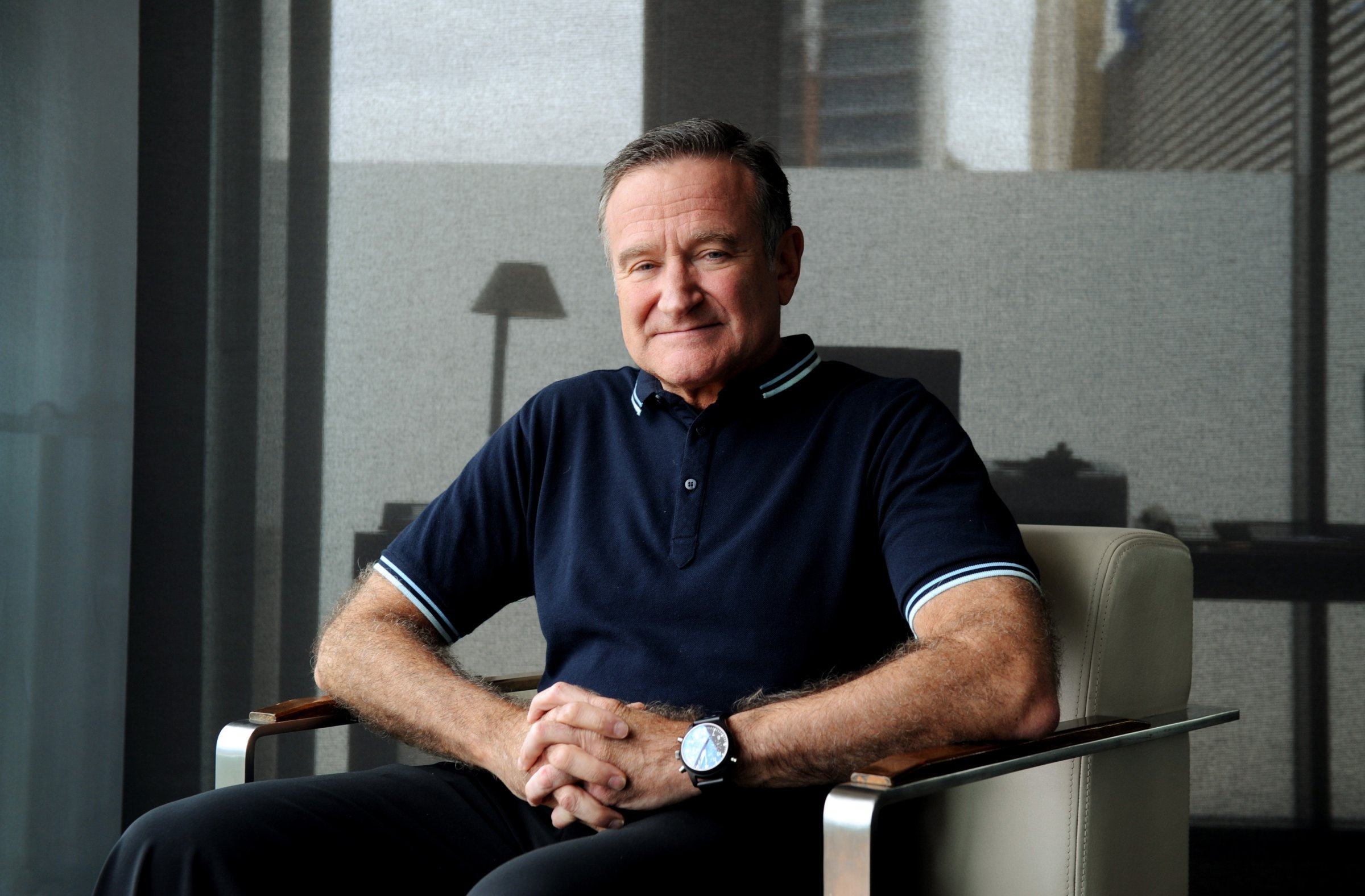
Receiving a positive diagnosis for Parkinson’s can be devastating. It’s a chronic disease that progressively worsens, causing formerly competent men and women to gradually lose control of their own bodies, and it’s the second most common neurodegenerative disorder after Alzheimer’s. As revealed on Thursday by his wife, the late actor and comedian Robin Williams was privately battling the early stages of Parkinson’s on top of his more public struggles with anxiety and depression.
The National Institutes of Health (NIH) acknowledges there is a link between Parkinson’s and depression, though the association is not always biological. It’s estimated that about half of all people with Parkinson’s will experience depression at some point during the disease. For some, depression can be spurred as a result of receiving the diagnosis, learning that the new ailment may turn their mind against their body.
Other research has shown that depression may be the result of biological factors that the two diseases share and that a chemical imbalance in the brain could contribute to both. For instance, changes in levels of hormones and neurotransmitters in the brain, like dopamine and serotonin, caused by Parkinson’s may increase the likelihood that a person will also develop depression, since both are involved in mood regulation. But it should be noted that Williams’ depression and anxiety were likely established separately from his Parkinson’s.
What’s known about the connection is that having depression on top of Parkinson’s can negatively influence the outlook for the disease. People who have both depression and Parkinson’s have higher levels of anxiety and trouble moving, according to the NIH, compared to people who have just one or the other. Similarly, individuals with both diseases may have greater difficulty concentrating than people who suffer from depression alone.
Williams’ death, by an apparent suicide earlier this week, is a reminder of the weight that people with both diseases carry. As Williams’ wife said, “It is our hope in the wake of Robin’s tragic passing, that others will find the strength to seek the care and support they need to treat whatever battles they are facing so they may feel less afraid.”
More Must-Reads from TIME
- Cybersecurity Experts Are Sounding the Alarm on DOGE
- Meet the 2025 Women of the Year
- The Harsh Truth About Disability Inclusion
- Why Do More Young Adults Have Cancer?
- Colman Domingo Leads With Radical Love
- How to Get Better at Doing Things Alone
- Michelle Zauner Stares Down the Darkness
Contact us at letters@time.com